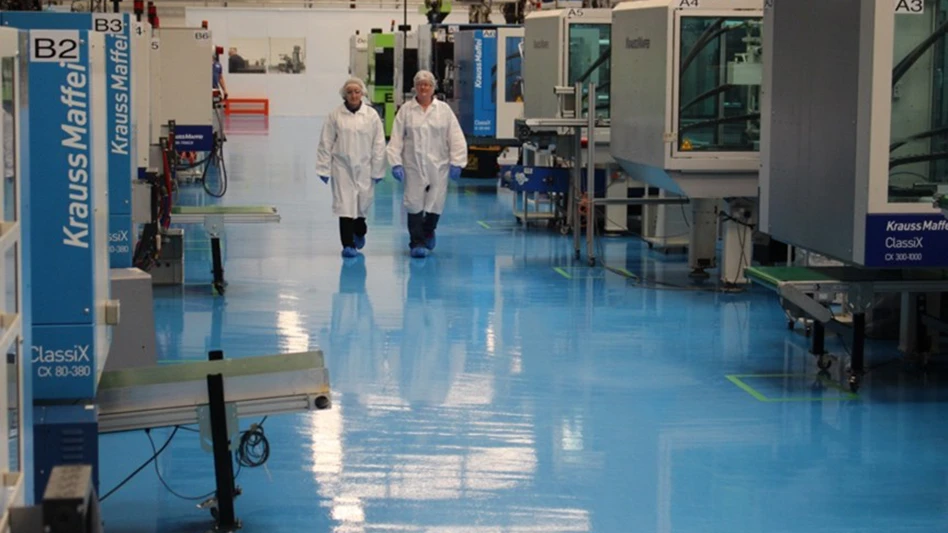Royal Philips Electronics NV, the world’s largest maker of patient-monitoring systems, said it acquired Traxtal Inc. to expand its health-care business.
The acquisition follows a partnership Philips has had with Traxtal since 2006, the Amsterdam-based company said in an e- mailed statement today. Traxtal was founded in 1996 and has 45 employees. Financial details of the purchase weren’t disclosed.
Philips has spent more than 10 billion euros ($13.3 billion) on acquisitions to bolster its medical and lighting units since 2005. The company is buying Toronto-based Traxtal to tap into the market for so-called image-guided navigation, which is predicted to reach $600 million by 2015, Philips said on its Web site.
“Image-guided procedures are one of the most important breakthroughs in the healthcare industry in decades,” says Steve Rusckowski, who heads the health-care unit. “This acquisition allows Philips to significantly enhance its abilities in this rapidly-emerging field.”
The purchase of Traxtal builds on Philips’s imaging-systems business, which competes with General Electric Co. and Siemens AG. Traxtal’s PercuNav system helps physicians track the tip of a needle when performing a minimally invasive procedure, according to the company’s Web site. The product, which displays the real-time location of a needle on a computer screen with a medical scan, takes away the need to constantly image the patient, which helps reduce costs and treatment time.
Latest from Today's Medical Developments
- Boston Scientific to acquire Penumbra, expanding cardiovascular portfolio
- Star Cutter introduces Double Pilot Reamer
- #80 Manufacturing Matters - Machining Strategies to Save Time and Improve your Process for MedTech Components with Kennametal Inc.
- Real-world parts and expert manufacturing advice
- Experts discuss the latest in toolholding technology
- How permanent magnets are powering medical innovation
- Forecasting the year ahead in design and manufacturing
- Tecomet, Orchid Orthopedic Solutions announce merger agreement





